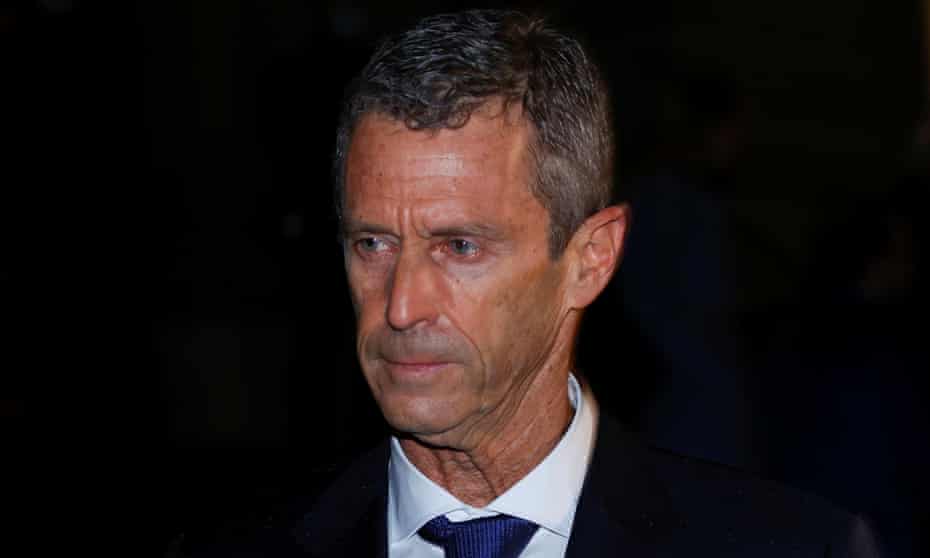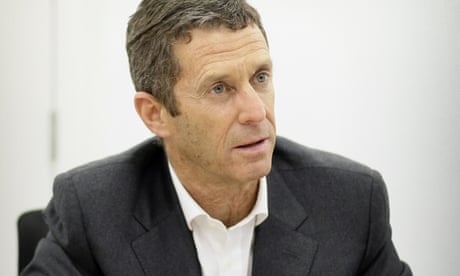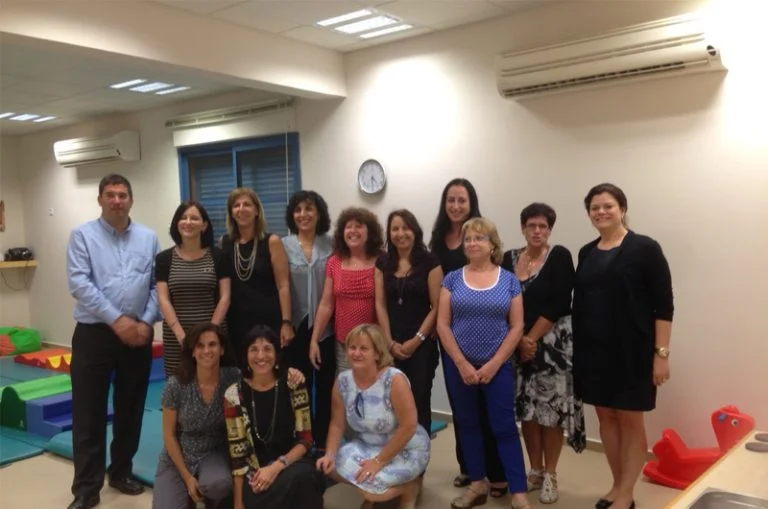Israeli minerals magnate Beny Steinmetz convicted of corruption
Tycoon sentenced to five years in prison for bribing officials and forging documents to gain mining rights in Guinea

The Israeli diamond and minerals magnate Beny Steinmetz has been convicted of corrupting foreign agents and forging documents by a Geneva court, in a trial over an attempt to reap lavish iron ore resources in Guinea.
Steinmetz, considered by some to be Israel’s richest man, was sentenced to five years in prison but had faced a maximum of 10 years in the case.
He was also ordered to pay a $50m fine. His defence lawyer, Marc Bonnant, said he would appeal.
Steinmetz, 64, had denied the charges. The plot, dating to the mid-2000s, involved Steinmetz’s BSGR Group squeezing out a rival for mining rights for vast iron ore deposits in Guinea’s southeastern Simandou region.
The case centered on alleged payouts of millions to a former wife of late president Lansana Conte, and exposed the shady and complex world of deal-making and cutthroat competition in the lucrative mining business.
Wearing a mask and flanked by his lawyers, Steinmetz – who has French and Israeli citizenship – calmly listened and jotted down notes as the judge, Alexandra Banna, read the facts of the case and the verdict over two hours. Attendance in the Geneva courtroom was limited due to Covid-19 concerns.
The Geneva prosecutor’s office alleged that Steinmetz and two other defendants engaged in corruption of foreign officials and falsification of documents to hide the paying of bribes from authorities and banks. Some of the funds allegedly passed through Switzerland – and the case has been investigated in Europe, Africa and the United States.
The prosecutor’s office said Steinmetz, starting in 2005, set up a corrupt deal with Conte, who ruled the West African country from 1984 until his death in 2008, and his fourth wife, Mamadie Toure, involving the payment of nearly $10 million.
In its court filing, the prosecutor’s office said BSGR won exploration and exploitation licences in Guinea between 2006 and 2010 in the Simandou region, and its competitor – Anglo-Australian mining group Rio Tinto – was “deprived between July and December 2008 of concessions it had up to then held in the Simandou North blocs 1 and 2.”
Swiss transparency group Public Eye said Steinmetz employed “opaque structures” to hide the allegedly corrupt schemes that were managed from Geneva, where he lived until 2016.
The group said the case showed how tax havens can be used to conceal questionable, “even illegal” activities in countries with weak governance and regulation.
… we have a small favour to ask. Millions are turning to the Guardian for open, independent, quality news every day, and readers in 180 countries around the world now support us financially.
We believe everyone deserves access to information that’s grounded in science and truth, and analysis rooted in authority and integrity. That’s why we made a different choice: to keep our reporting open for all readers, regardless of where they live or what they can afford to pay. This means more people can be better informed, united, and inspired to take meaningful action.
In these perilous times, a truth-seeking global news organisation like the Guardian is essential. We have no shareholders or billionaire owner, meaning our journalism is free from commercial and political influence – this makes us different. When it’s never been more important, our independence allows us to fearlessly investigate, challenge and expose those in power. Support the Guardian from as little as $1 – it only takes a minute. If you can, please consider supporting us with a regular amount each month. Thank you.
------------------------------------------------------------------------------------------------------
CFO
Mr. Solomo Hollander, CPA
Director of Youth at Risk programs
Mrs. Shelly Menachem
Professional consultation in the field of early childhood
Mrs. Anat Bar
Director of Social Welfare programs
Mrs. Ialna Murray








Nessun commento:
Posta un commento